Can I Leave My Engine Block Heater Plugged In Overnight?
Engine block heaters, essential for vehicle owners in colder regions, ensure a smoother and safer start during freezing temperatures. But a common query arises: “Can I Leave My Engine Block Heater Plugged In Overnight?” Understanding the functionality and safety aspects of engine block heaters is crucial for optimal usage and vehicle maintenance.
Key Takeaways
- Engine block heaters offer significant benefits in cold weather.
- Overusing or incorrectly using these heaters can lead to potential risks.
- Understanding proper usage is key to ensuring vehicle safety and longevity.
Can I Leave My Engine Block Heater Plugged In Overnight?
Yes, it is generally safe to leave your engine block heater plugged in overnight. These heaters are designed to maintain a warm engine temperature, reducing stress on the engine during cold starts. However, it’s essential to consider factors like the type of heater, ambient temperature, and electricity costs.
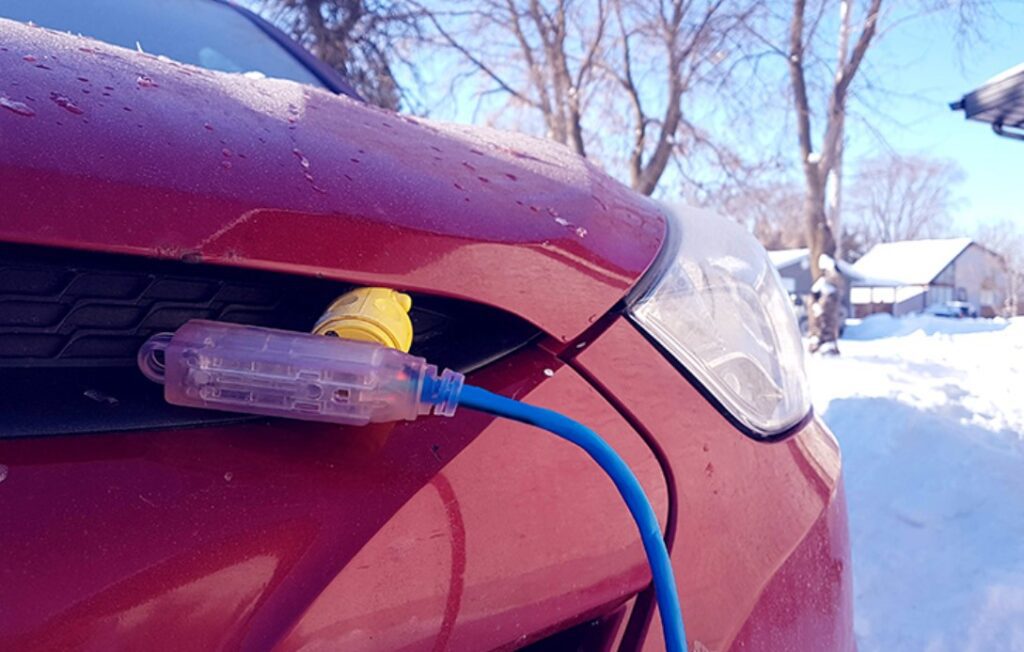
Understanding Engine Block Heaters
Engine block heaters, by pre-warming the engine, play a pivotal role in reducing wear and tear during ignition in cold weather. They are especially beneficial for diesel engines, which can struggle in low temperatures.
The Pros and Cons of Overnight Use
Advantages
- Reduced Engine Wear: Preheating the engine oil ensures smoother operation and less strain on the engine components.
- Better Fuel Efficiency: A warm engine operates more efficiently, reducing fuel consumption.
Disadvantages
- Electricity Costs: Continuous use can lead to higher energy bills.
- Potential Safety Hazards: Although rare, faulty heaters or wiring can pose a fire risk.
Optimal Usage Guidelines
Maximizing Benefits
- Timers and Thermostats: Using these devices can help manage the heating duration, optimizing energy use.
- Regular Maintenance: Ensuring the heater and its components are in good condition is crucial for safety.
Best Practices
- Avoid Overuse: Unnecessary prolonged use can be wasteful and potentially harmful.
- Monitor Ambient Temperature: In mildly cold temperatures, overnight use might not be necessary.
Energy Consumption and Cost Analysis
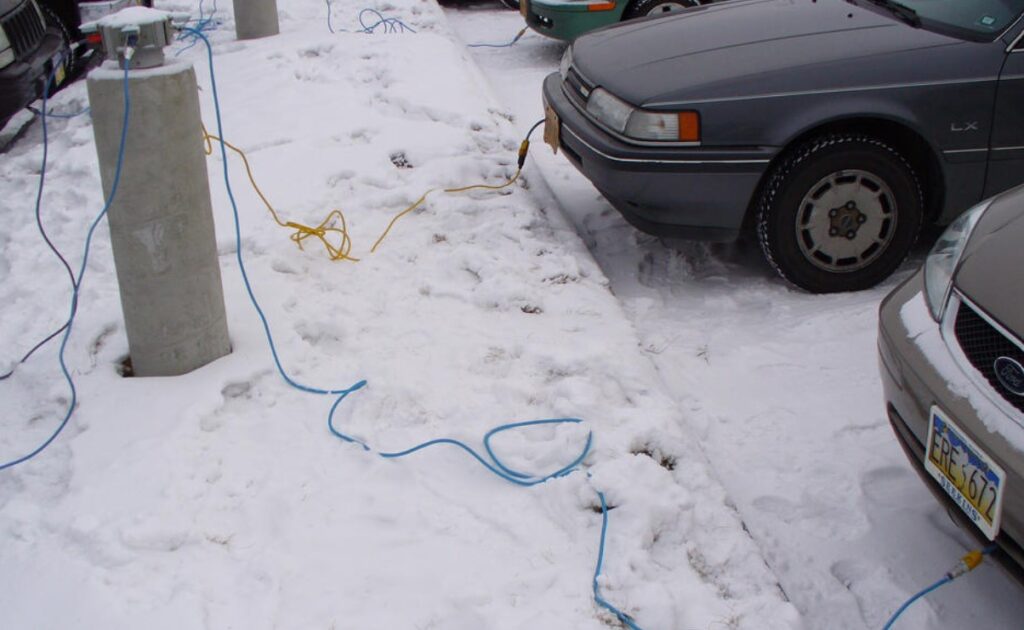
Evaluating Electricity Usage
- Calculating Costs: Understand how your heater’s wattage affects your electricity bill.
- Comparison with Vehicle Wear Costs: Sometimes, the cost of using the heater is outweighed by the savings in vehicle maintenance.
Safety Considerations
Risk Mitigation
- Regular Inspections: Checking for wear and tear on the heater and its cords can prevent accidents.
- Safe Installation Practices: Ensuring professional installation and following manufacturer guidelines is key.
Alternative Heating Solutions
Exploring Options
- Different Types of Heaters: Block heaters, oil pan heaters, and battery warmers each have their benefits and drawbacks.
- Non-Electric Options: Some solutions do not require electricity, reducing energy consumption.
Do Engine Block Heaters Use A Lot Of Electricity?
Engine block heaters are designed to consume electricity efficiently, but the amount of electricity used can vary based on the type and model of the heater. Most engine block heaters use between 400 to 1500 watts.
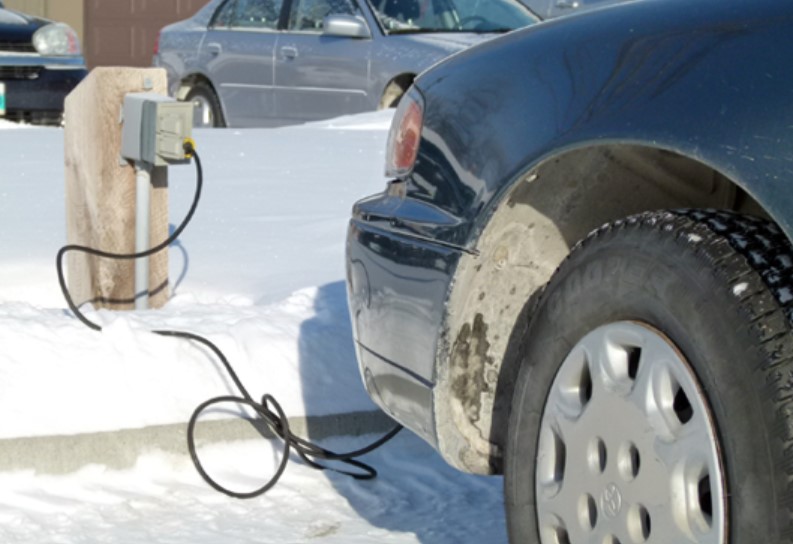
To put it into perspective, a heater using 500 watts, if run for four hours, would consume 2 kilowatt-hours of electricity. The cost of running a block heater depends on the local electricity rates.
For instance, at a rate of 10 cents per kilowatt-hour, a 500-watt heater running for four hours would cost about 20 cents. It’s important to note that this is a general estimate and actual costs can vary. Overall, while they do use electricity, block heaters are not typically considered high-energy-consuming devices when used as recommended.
Do Block Heaters Drain Battery?
Engine block heaters are designed to be plugged into an external power source and do not directly drain a vehicle’s battery. However, there are scenarios where using a block heater could indirectly impact the battery.
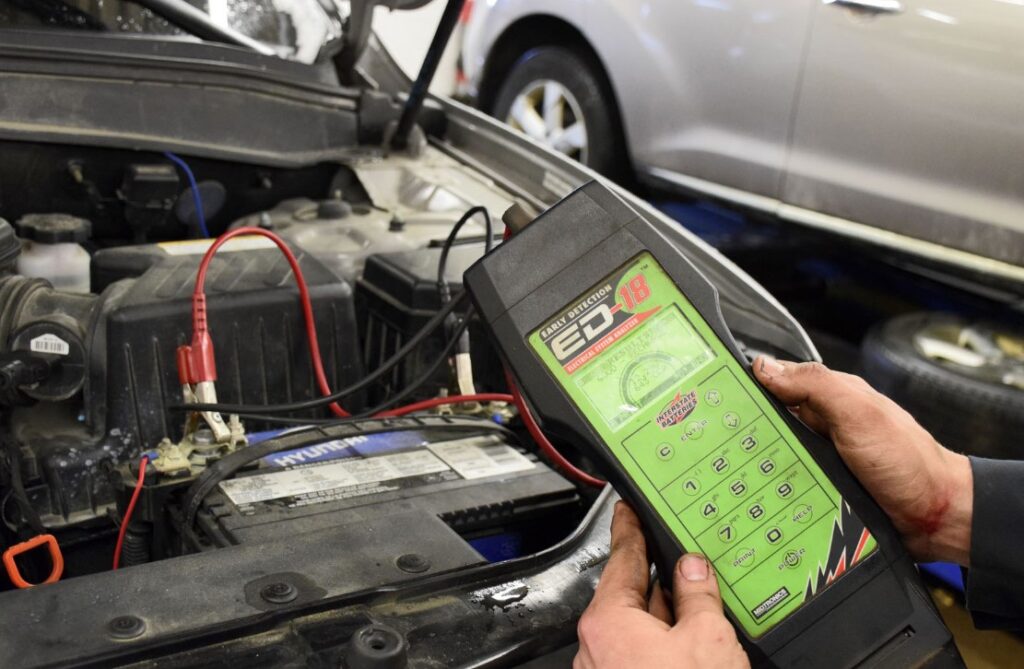
For instance, if a vehicle’s electrical system has an issue or is wired incorrectly, there could be a drain on the battery. Additionally, in extremely cold conditions, the overall electrical demand on the vehicle (including using the heater) can put more strain on the battery. Regular maintenance and ensuring proper installation and use of the engine block heater can mitigate these risks.
How Long Should I Run My Engine Block Heater?
The optimal duration for running an engine block heater can vary depending on several factors, including the type of heater, the ambient temperature, and the vehicle model. Generally, a period of 2 to 4 hours is sufficient for most vehicles and conditions.
In very cold climates, where temperatures drop significantly below freezing, a longer duration may be needed. However, running the heater for more than necessary can be wasteful in terms of energy consumption without providing additional benefits.
Conclusion
In conclusion, leaving your engine block heater plugged in overnight can be beneficial, especially in very cold climates. It minimizes engine wear and improves fuel efficiency. However, it’s crucial to balance these benefits with considerations like energy costs and safety.
Regular maintenance and judicious use of your engine block heater will ensure optimal performance and longevity of your vehicle. Remember, while it’s generally safe, always adhere to manufacturer guidelines and local regulations.
People Also Ask
Does Every Vehicle Need an Engine Block Heater?
Not every vehicle needs an engine block heater. They are most beneficial for vehicles in extremely cold climates and are particularly useful for diesel engines, which are more prone to cold start issues.
Are There Different Types of Engine Block Heaters?
Yes, there are several types, including freeze plug heaters, oil pan heaters, and inline coolant heaters. Each type has its own method of heating the engine and may be more suitable for certain vehicles or climates.
How Do I Know If My Engine Block Heater Is Working Properly?
You can often tell if your engine block heater is working by feeling the engine block for warmth or by noticing a smoother start in cold conditions. If you suspect it’s not working, have it inspected by a professional.
Can I Install an Engine Block Heater Myself?
While some engine block heaters are designed for easy installation, it’s often recommended to have a professional install the heater to ensure it’s done correctly and safely.

Welcome to the exhilarating world of Matt Rex, a professional car racer turned renowned vehicle enthusiast. Immerse yourself in his captivating blog as he shares heart-pounding adventures, expert reviews, and valuable insights on cars, trucks, jets, and more. Fuel your passion for speed and discover the beauty of vehicles through Matt’s engaging stories and meticulous expertise. Join the ever-growing community of enthusiasts who find inspiration and expert advice in Matt Rex’s blog—a digital hub where the thrill of speed meets the pursuit of knowledge.


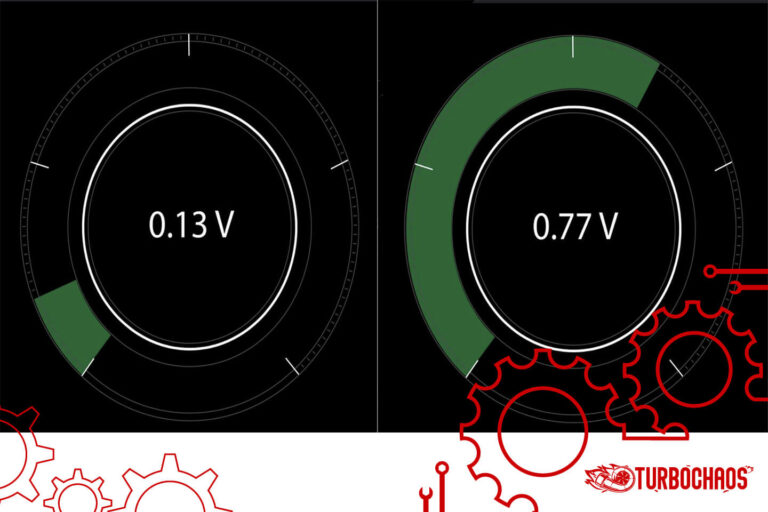
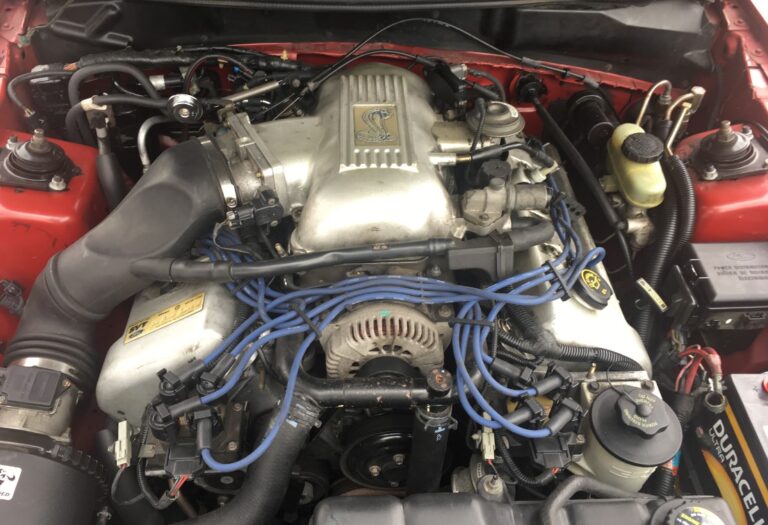


![68RFE Transmission Operating Temperature [Answered]](https://www.turbochaos.com/wp-content/uploads/2023/12/68RFE-Transmission-Operating-Temperature-768x617.jpg)
![De-Ice Air Intake System Check Engine Light? [Explained]](https://www.turbochaos.com/wp-content/uploads/2023/11/De-Ice-Air-Intake-System-Check-Engine-Light.jpg)